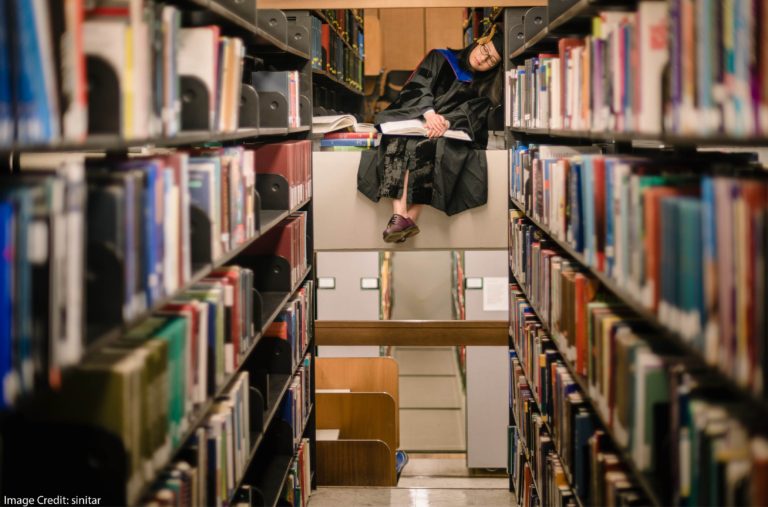Tags
ADHD adolescence attention book review boundary conditions classroom advice conference speakers constructivism/direct instruction creativity desirable difficulty development dual coding education elementary school embodied cognition emotion evolution executive function exercise experts and novices gender high school homework intelligence long-term memory math methodology middle school mindfulness Mindset motivation neuromyths neuroscience online learning parents psychology reading retrieval practice self-control skepticism sleep STEM stress technology working memoryRecent Comments
- Understanding Test Anxiety on Test Anxiety: How and When Does It Harm Students?
- A Skeptic Converted? The Benefits of Narrative |Education & Teacher Conferences on Help Me Understand: Narrative Is Better than Exposition
- Debate #4- Cell phones be banned from the classroom. | Aradhana's blog – ECI830 on Cell Phones in the Classroom: Expected (and Unexpected) Effects
- The Rare Slam Dunk? Blue Light Before Bed |Education & Teacher Conferences on “Writing By Hand Fosters Neural Connections…”
- Andrew Watson on “You Can Find Research that Proves Anything”
ABOUT THE BLOG
Tag Archives: sleep

Unambiguously Good News about Teens and Sleep
You read that right. I mean: it’s really good news about teens and sleep. We all…
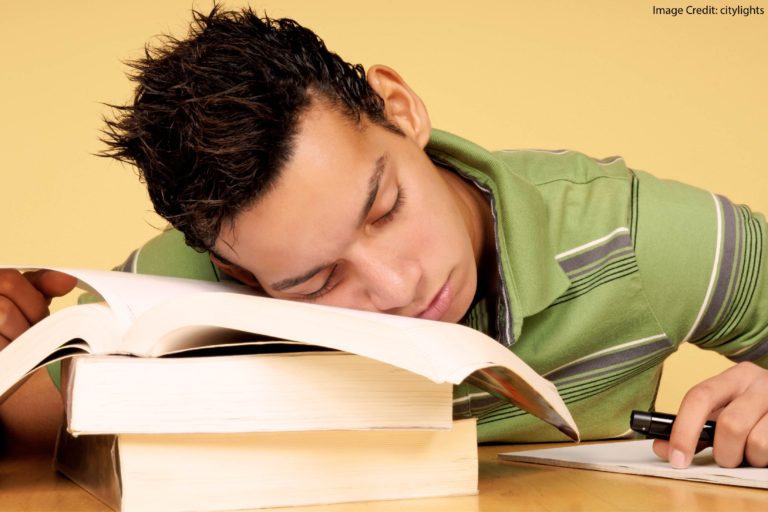
10,000 People Talk About Sleep and Cognition
Most of the research studies I read include a few tens of people. Sixty or…
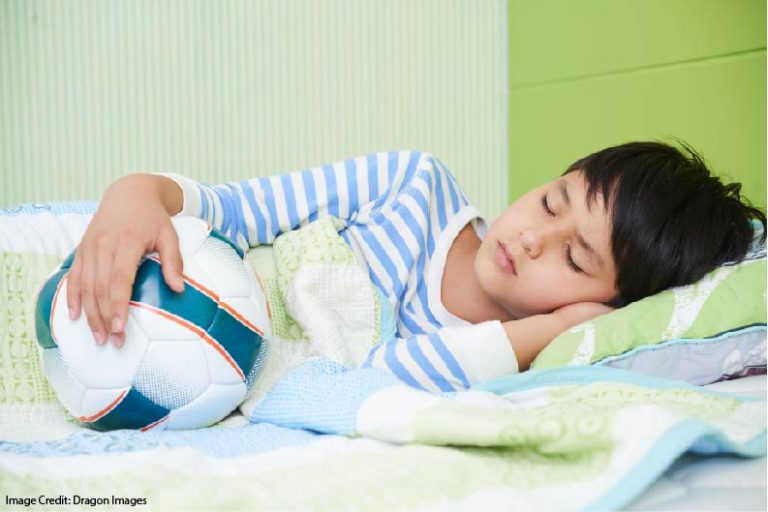
Solving the Nap Research Problem (BTW: Naps Help!)
New research from China shows that daytime naps improve several cognitive functions — like sustained attention. Just as important, those naps don’t make it harder to sleep at night. In fact: frequent nappers sleep better than non-nappers. So, grab a pillow! Continue reading

Chronotype Influences Grades. Owls Are Sad…
Sleep researchers distinguish between morning “larks” and night “owls.” These chronotypes influence grades, because school schedules favor morning larks over night owls. If we want to help all our students learn, we should create schedules that work for as many of them as possible. Continue reading
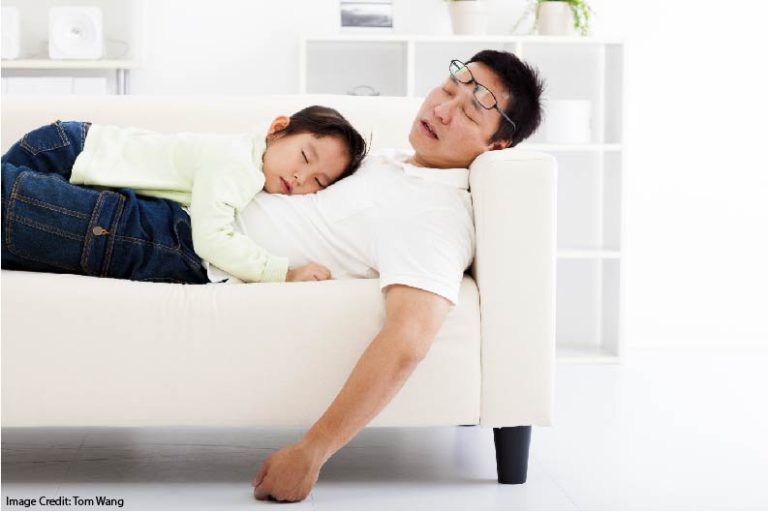
“Not Just a Decadent Luxury”: The Power of Naps
We know that sleep is good for learning. But what about NAPS? Over at BrainBlogger, Viatcheslav…

Sleeplessness Harms Women’s Thinking More Than Men’s?
You can understand why this study lit up my twitter feed recently. It makes a…
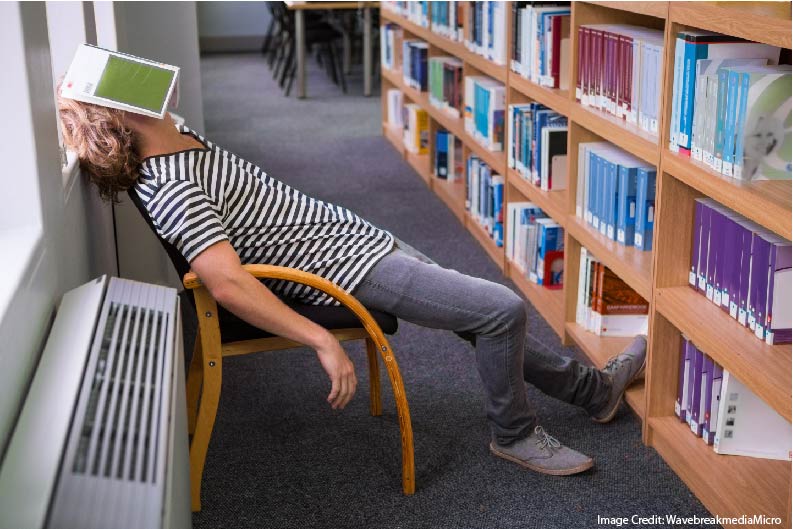
An Extra Half-Hour of Sleep? An Extra Hour?
Students whose first class started later than 8:30 got between 27 and 57 (!) more minutes of sleep than students whose classes started earlier. Imagine just how much more learning might happen if a teen regularly got an extra hour of sleep. Continue reading
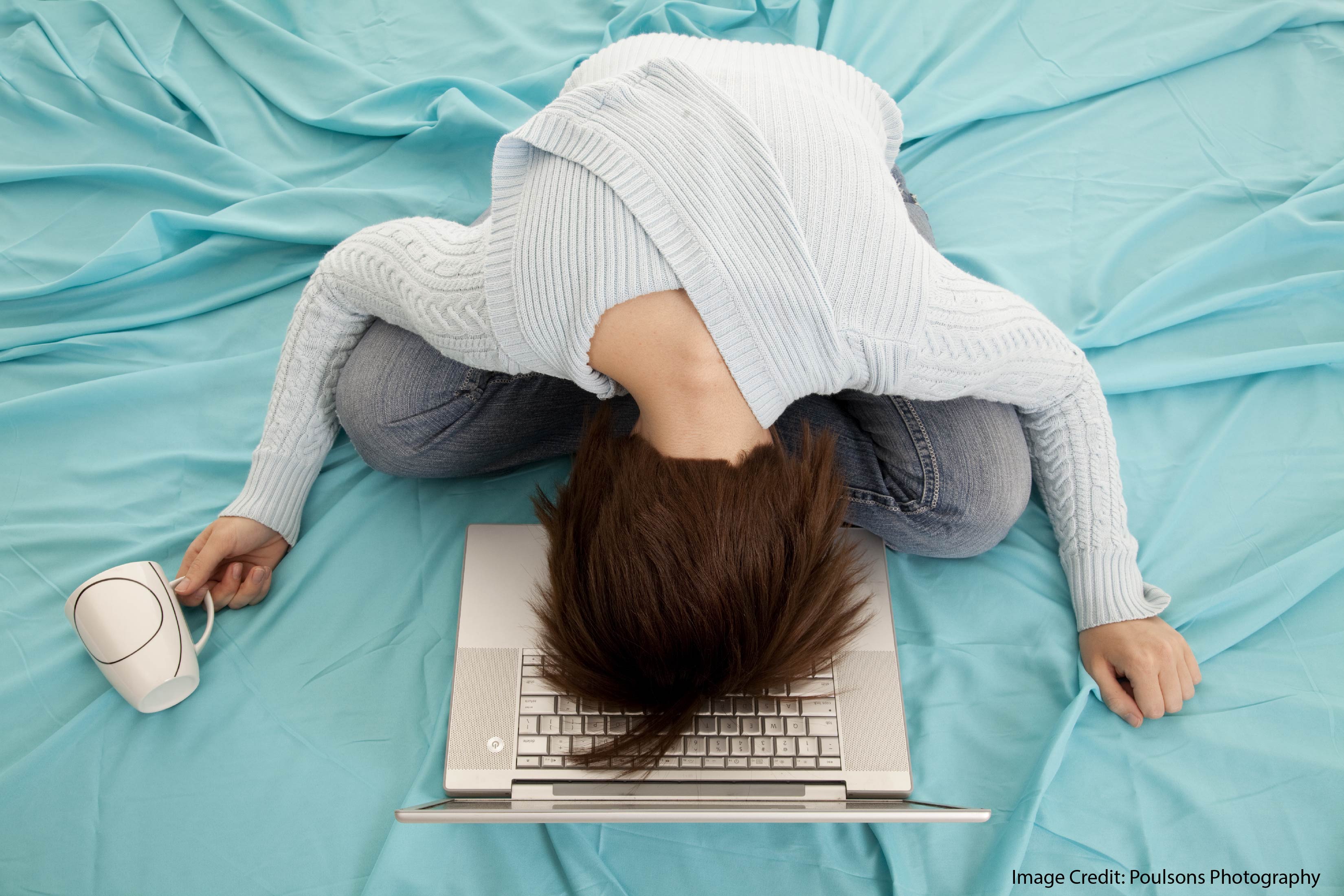
Bright Screens and Sleep
Here’s a handy review of the effects that bright computer and tablet screens have on…
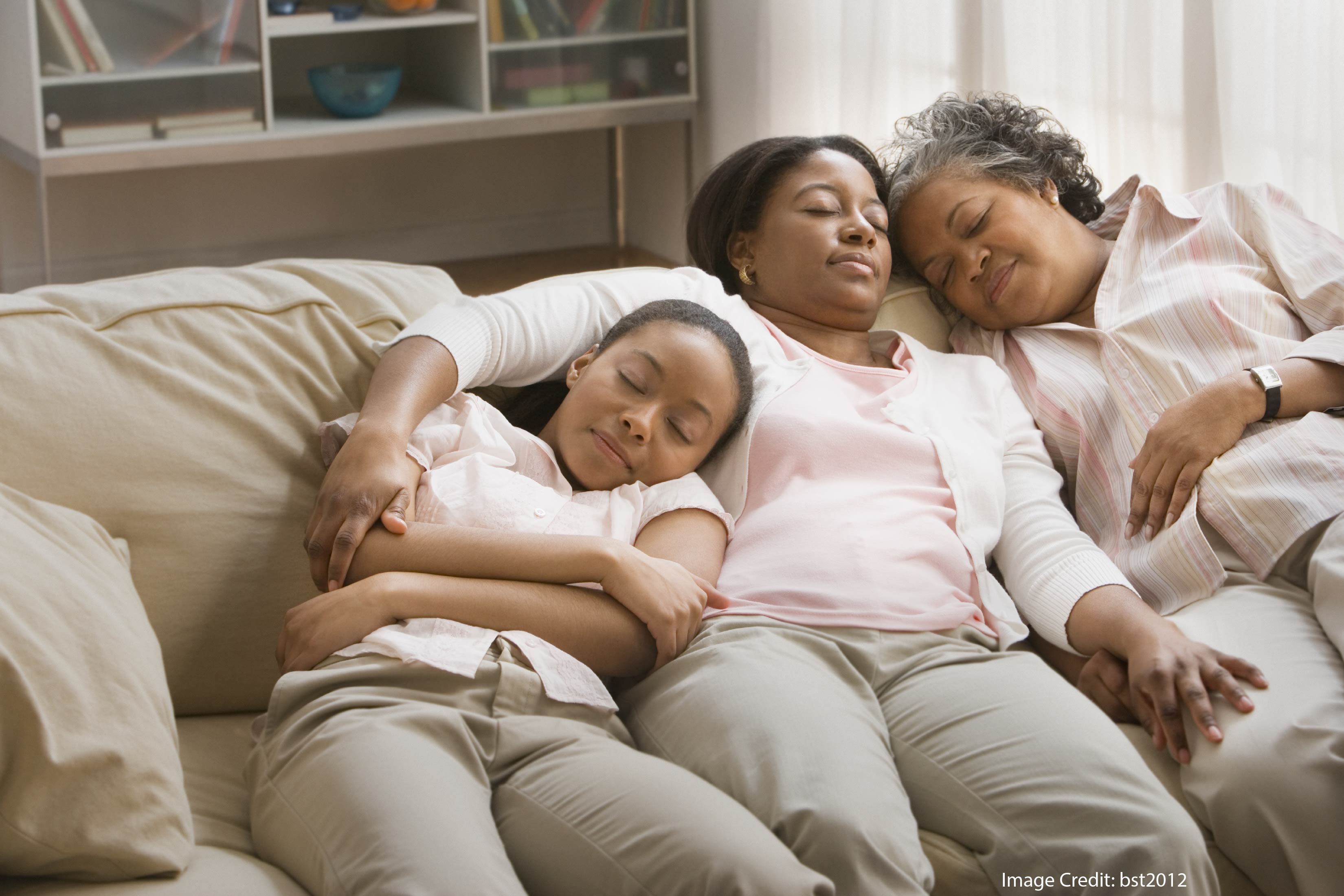
Parents, High School Start Times, and Sleepy Teens
Research findings that support later high-school start times have been more and more common in…

